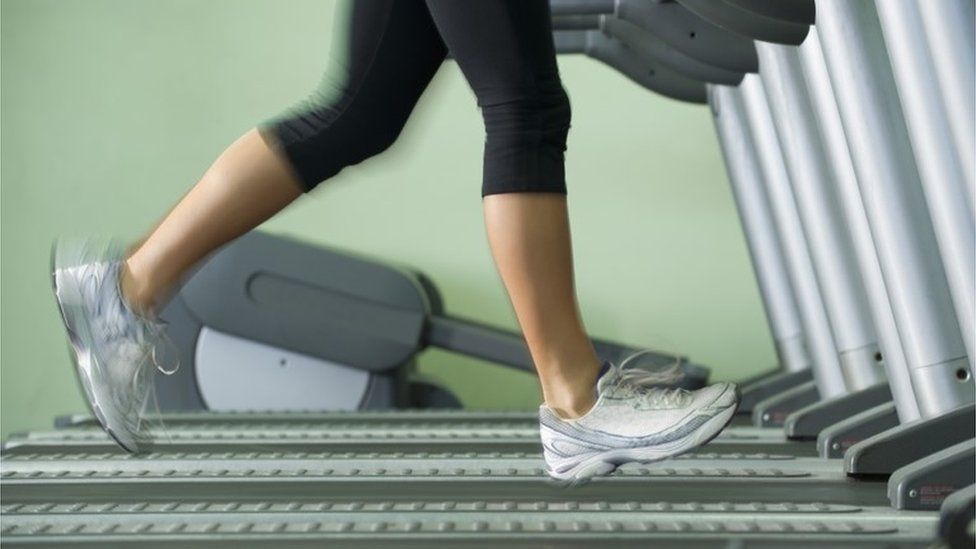Employee perks set to cost more
- Published
- comments

People who buy their gym memberships and mobile phone deals through a work benefit scheme are set to pay more.
Known as "salary sacrifice" schemes, employees give up part of their salary for a non-cash benefit, with both the company and worker paying less tax.
As part of his Autumn Statement, the chancellor called the perks "unfair" and abolished many of them from April.
Schemes covering pensions, child care, ultra-low emission cars and cycling to work will not be affected.
Arrangements set in place before April 2017 will be protected until April 2018. The more expensive agreements for cars, accommodation and school fees will be protected for longer - until April 2021.
The business lobby group, the CBI, warned that the "measure sends the wrong signal to companies wanting to invest more in employee health and wellbeing".
And the Reward and Employee Benefits Association (Reba), which represents HR workers for some of the UK's largest firms, said the move would affect lower paid earners the most.
"It will be the 'just about managing' employees which will be most affected by no longer having access to so many health and wellbeing benefits and mobile phones," said Debi O'Donovan, director at Reba.
"While the Reward & Employee Benefits Association agrees that the government did need to clamp down on the increasing misuse of salary sacrifice for more 'luxury' perks, we are disappointed that so many essential employee benefits have been caught up in this change."
However, the Treasury estimates that of the £200m per year that it expects to save, more than half will come from higher rate earners. It reckons that about one million employees benefit from such schemes and that they have increased by 30% since 2009-10.
In its consultation document, it gives the example of a 24-month mobile phone contract worth £1,000. That would cost the Exchequer £321 for a basic rate taxpayer, or £426 if the employee is in the highest rate tax bracket.
- Published23 November 2016
- Published23 November 2016
- Published23 November 2016